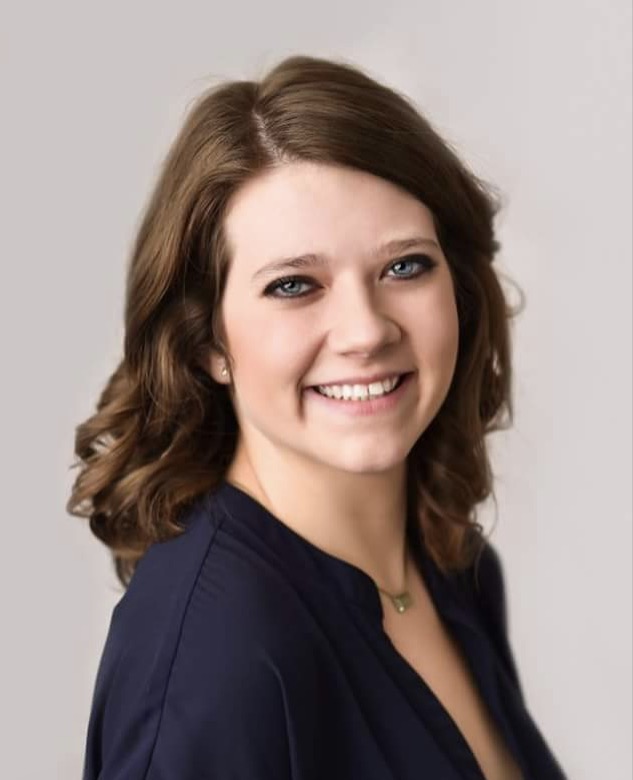Celebration of Scholars
Temperate Warfare: Testing Sensitivity of Xeno Lysogen to Carthage College Bacteriophage Lysates
 Name:
Meredyth Wenta
Name:
Meredyth Wenta
Major: Biology
Hometown: Pleasant Prairie, WI
Faculty Sponsor: Deborah Tobiason
Other Sponsors:
Type of research: Independent research
Abstract
Bacteriophages are viruses that specifically infect bacteria
and utilize host machinery to replicate and proliferate. Temperate
bacteriophages inject their genetic material into the host cell, where it is
integrated into the host genome, forming a lysogen. Once a lysogen is formed,
bacteriophages use repressors to prevent lysis and to block replication of other
infecting bacteriophages from the same cluster. Xeno is a temperate
bacteriophage that infects Mycobacterium smegmatis and is part of
Cluster N group of mycobacteriophages. The Xeno lysogen has shown immunity to
bacteriophages from other clusters suggesting that alternate modes of repression
may be involved. As part of a national study, we have tested the Xeno lysogen, in
immunity assays. Bacteriophage lysates collected in the Phage Hunter courses at
Carthage College from 2011 to 2016 were used in the immunity assays by diluting
and spotting each phage lysate onto bacterial lawns of the Xeno lysogen and the
control plates with Mycobacterium
smegmatis to determine efficiency of plating. Phages that had over a
10000-fold difference in efficiency of plating have been further tested to
verify the immunity status.
Submit date: March 15, 2017, 12:10 p.m.
